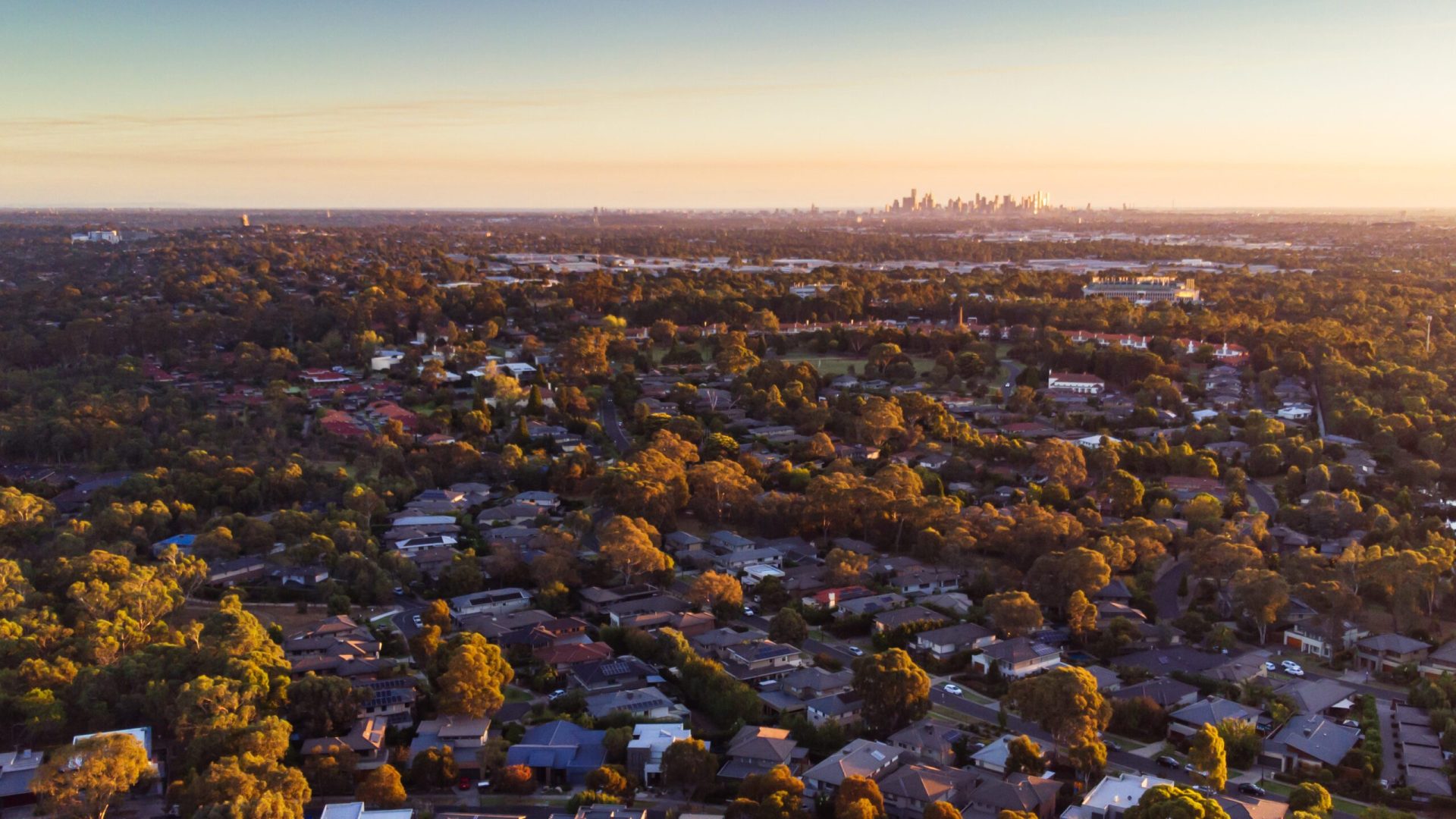By Cam McLellan
There are three main types of property that people look to invest in: vacant land, commercial or industrial property, and residential property.
Each type of real estate investment has its pros and cons, but for anyone looking to build wealth, I strongly recommended you make residential property the basis of your initial portfolio.
A residential portfolio not only offers the best market growth (over the recent decades), but it also provides the best rental stability. It is however, important to understand the other main types of properties as they may be something you might want to delve into later down the line.
The Big Three Property Investment Types
1. Vacant Land
Many people looking to create instant equity turn to buying up vacant land on the fringe of the urban growth boundary (UGB) or rezoned areas. The UGB is the boundary the government sets to control development growth. Vacant land might also be infill areas that have the potential for subdivisions.
Unfortunately, buying vacant land requires a lot of skill and knowledge to ensure you succeed; often far more skill and knowledge than it takes to build a simple portfolio.
The main disadvantage of purchasing raw land is that there is no rental income (unless your land is primary producing, meaning farm land). This makes it difficult to support loan repayments.
Many people buy vacant land as their one big score, hoping to put a big development on it. What people don’t appreciate is that there are risks associated with every step. You need specific industry knowledge to ensure you succeed in this area. Development is a trade on its own. There’s little room for error when conducting a due diligence (DD) and feasibility on a site.
Although land subdivision and development are a large part of my life nowadays, you don’t need development to build a strong portfolio. Remember, development is not a passive investment strategy; its main purpose is to be income producing. Development is a profession, not an investment strategy.
2. Commercial Property
Commercial property investments cover nearly every property that houses business operations; for example, offices, industrial (factories) or retail.
Here at OpenCorp, we’ve built a separate portfolio for commercial property, along with managing syndicated funds that hold commercial property developments. With a number of these types of projects underway, we’ve found commercial and industrial property to be solid asset types.
Advantages of Commercial Properties
Commercial properties have two main advantages over residential property.
- It’s easier to find a commercial property that, once tenanted, is positive in cash flow and still has strong growth potential.
Be aware that commercial property cycles move differently to those of residential cycles and have slightly different factors that affect these cycles.
- The tenant has the responsibility to maintain the property. Basically, all you provide is a vacant shell and they fit out the building and then ‘make good’, which simply means the tenant must bring the property back to a clean vacant shell at the end of the tenancy.
Disadvantages of Investing in Commercial Properties
There are three main reasons why I strongly recommend you leave commercial property alone to begin with.
- Tenant stability and vacancy rate
Your tenant is only as stable as the industry they’re in and then only as stable as the people running that particular business.
Ensure that you take a good look at the financials of anyone wanting to lease your property. Taking this into account, ensure that you understand business financials or get your accountant to review them for you. Be very aware of the failure rate of start-up businesses when considering a tenant.
- Valuation assessment.
Commercial property is valued predominantly on a calculation of its rental yield. This being the case, it’s very difficult to reduce the asking rental price to entice new tenants, as you would incur a drop in the property’s valuation.
There are likely to be long periods of time between tenants. Six months is not uncommon. Remembering our reliance on rental yields when building an initial portfolio, you may find it difficult to afford to have such a large valued property sitting vacant with no rental income.
Expect a serious decrease in value when interest rates rise and the demand for commercial property softens. Be prepared for this, keep your gearing low (that is, try to keep a lower amount of borrowing against the property), and have enough cash available to service your debt. Be prepared if the banks come knocking asking for some of their money back if prices drop.
- Finance.
Banks realise that commercial property is a higher risk investment than residential property. Therefore they usually only lend at around 60–75% of the value of the property. This means a much larger deposit is required to purchase.
Investing in commercial property is a higher risk than residential, which is important to remember when your initial wealth building strategy is all about minimising risk.
Ensure you consider yourself a smart investor in the residential space before you start to learn the factors that affect commercial.
3. Residential Properties
And then we come to residential properties. These are far and away the most popular type of real estate investment. Residential properties usually encompass homes, apartments, townhouses, holiday homes, and any other property designed to be lived in.
Focus on residential property as your primary form of wealth building. It not only historically offers the best market growth, but it also provides the best rental stability.
Later you may wish to build a commercial portfolio separately. Do this when your equity and cash flow are in a strong position.
Remember, stick to your plan and you will achieve what you need to enjoy life. Don’t get side tracked with other forms of investment until you’ve built a strong foundation of residential properties.
If you’re still unsure which type of investment property you want to get involved with, contact one of our property experts. We can help you sort out the right strategy to start building your wealth today!








